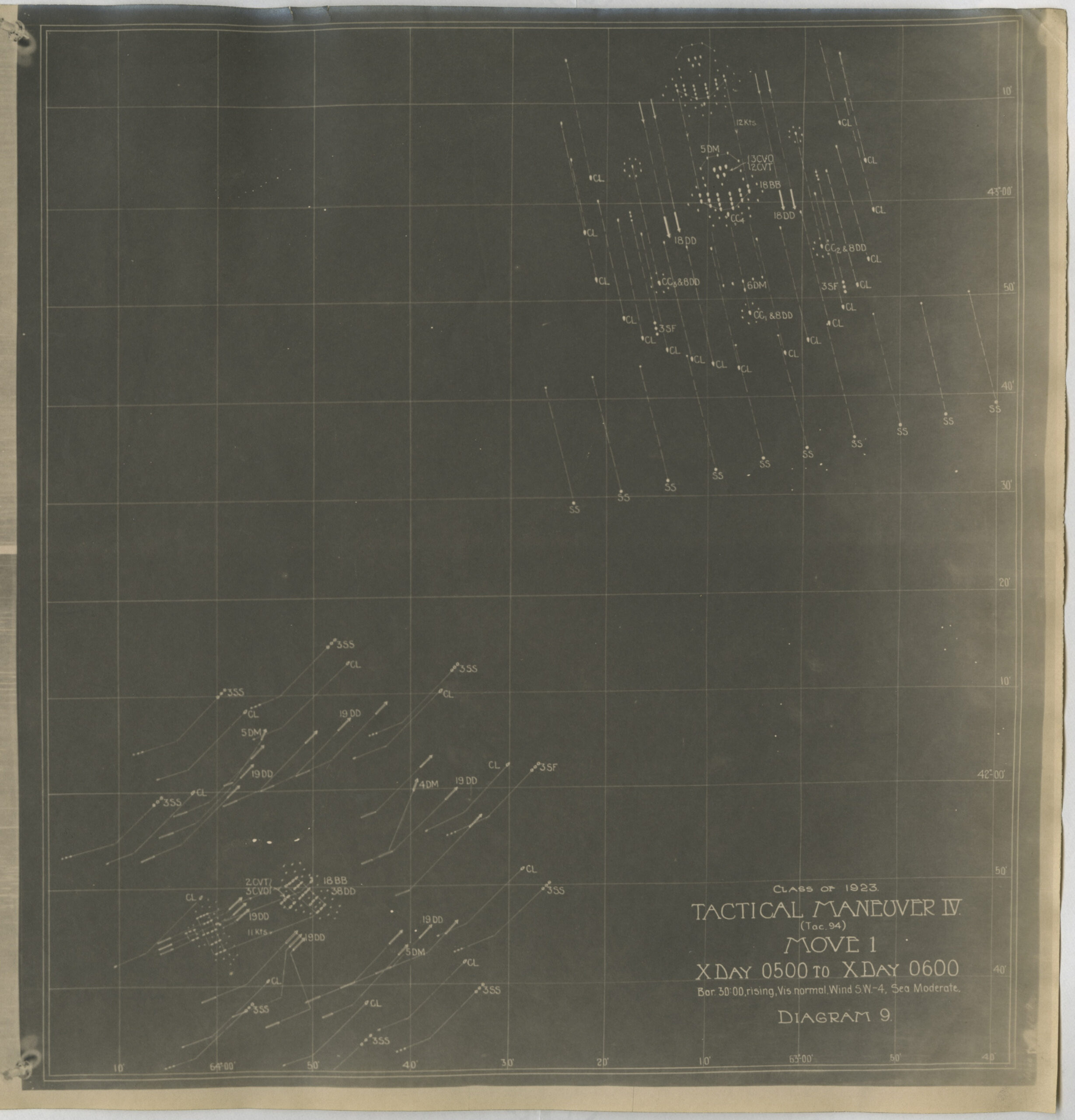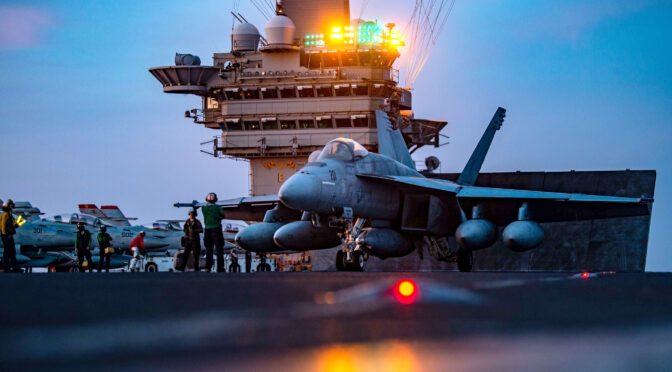Flotilla Tactical Notes Series
By Robert C. Rubel
In the mid-1980s, the U.S. Army developed its concept of AirLand Battle and imported the Soviet concept of operational art. Soon after, the Naval War College shifted the focus of its military operations course from tactics to operational-level concepts. At the time I was a planning and decision-making instructor in the department. The imposition of joint education requirements only reinforced the focus on the operational level. Tactics became almost an epithet for contaminating discussions of operational-level matters.
Since the Naval War College was, and still is, the only place where students can study the combined operations of the various warfare communities, the deletion of tactics in its courses fragmented tactical development in the Navy and undermined the college’s purported operational-level focus. I remember vividly in the late 1980s when Vice Admiral Duke Hernandez spoke at the College and described his approach to using Third Fleet as a whole to counter a Soviet attack in the Pacific. His discussion of combined naval tactics mesmerized the student body, but tactics were still shunned by the College.
The fall of the Soviet Union turned the numbered fleets into area administrators and fleet tactics evaporated, being supplanted by security cooperation plans and the tactics of individual platforms. Now that China constitutes a substantial threat to U.S. command of the sea in the Western Pacific, the Navy must rediscover fleet tactics, and reinvigorate the College’s role in warfighting education.
The Navy badly needs for the Naval War College command and staff course to become a year-long classified wargame-centric warfighting course. In such a course students would gain a fleet-level perspective on tactics and be able to link them to operational art and strategy. Joint aspects would necessarily be included, but not in the abstract way they are in current JPME. Classified capabilities and tactics must be included. The development of multi-domain and distributed maritime operations cannot be properly accomplished without fleet-level tactical logic.

Robert C. Rubel is a retired Navy captain and professor emeritus of the Naval War College. He served on active duty in the Navy as a light attack/strike fighter aviator. At the Naval War College he served in various positions, including planning and decision-making instructor, joint education adviser, chairman of the Wargaming Department, and dean of the Center for Naval Warfare Studies. He retired in 2014, but on occasion continues to serve as a special adviser to the Chief of Naval Operations. He has published over thirty journal articles and several book chapters.
Featured Image: MEDITERRANEAN SEA (Aug. 24, 2022) An F/A-18E Super Hornet attached to the “Fighting Checkmates” of Strike Fighter Squadron (VFA) 211 prepares to launch from the flight deck of the Nimitz-class aircraft carrier USS Harry S. Truman (CVN 75) (U.S. Navy photo by Mass Communication Specialist 3rd Class Jack Hoppe)


As a follow-up to Capt Rubel’s excellent article – once his recommendation is adopted, a very important part of implementation is ensuring the right officers are detailed to the course. O-4/O-5 Fleet operators from the warfare communities should be the ones to attend. The focus needs to be on meeting Navy’s operational needs first. JCHjr
Thanks Barney. So many of us have been hoping for such a development for decades. Here’s hoping the article will push the ball up the pitch.
Until the demand for the change is curriculum is directed, I believe that classified tactical understanding and war gaming will be limited to the Advanced Research Programs and MAWS students. And to re-iterate Barney’s point, this limited status quo does not approach the scale and scope of impact required to make a difference in the Fleet.
From the professorial wing, yes! If I’m incorporating war games with civilians at a regional public, it is inexcusable to do less at the Naval War College.
The Naval War College hosted a major Title 10 War Game from 1984 to 1990. The Global War Game was joint and combined by design, involved about 1000 participants, had a three week duration, and was conducted at the Secret level of classification.
It was supported by a year long research and analysis effort conducted under USNWC oversight at the several war colleges; the US Navy, U.S. Army, and US Air Force and Energy department labs,; and some equivalent organization in participating countries.
USNWC students and faculty participated.
This effort produced many DOD level initiatives.
Actually, I believe the GLOBAL War Games started about 1980. I was a full time participant from November 1981 to August 1989.
The games were held in the summer, but the supporting research was year round.
I wrote a research paper on the core importance of electronic warfare my first semester as a student at the NWC. I was pulled from the student body and directed to expand on that paper as a direct response to GWG-81. I spent the next 5 years of my career directly supporting related research at the NWC, and another 3 at the Joint Electronic Warfare Center, all of it in research generated and examined by those games. It may have been the most significant thing I did in my life.
See “Warfare in the Fourth Dimension, is the Navy ready for it?”
This is a Navy that builds warships without weapons. It is consistent that it teach war without ractics.
Totally agree. As a wargaming collaborator with the NWC since 2009; the Mahan Scholars had a capstone wargame to their program. Not only does it seem that wargaming has waned, but so too the Mahans….